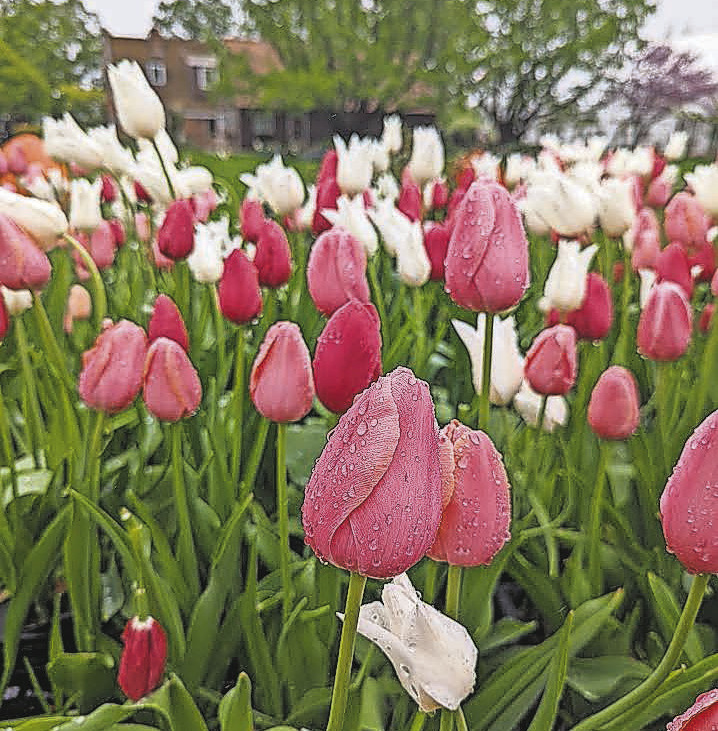Prior to the mid-18th century, western Michigan, near the eastern shore of Lake Michigan, was populated by the Ottawa people. In 1847 a group from the Netherlands, in an attempt to escape economic issues and freely practice their Calvinist religion, settled and established Holland, Michigan, causing the indigenous people to move north and the newcomers to establish a strong and lasting Dutch heritage in the city named after their homeland.
Nearly 30% of the current population claims Dutch ancestry and the area works to maintain a culture that remembers its origins. This includes being home to the oldest working Dutch windmill in the United States, the many Dutch Reformed Churches, and Nelis Dutch Village, where visitors are transported across the Atlantic and back in time to experience life in the Netherlands. But, aside from its name, the most prominent evidence of the city’s connection to their Dutch homeland is the annual Tulip Time Festival.
Debuting in 1929, the Holland festival is the longest running in the United States. Beginning as a way to beautify the community, one hundred thousand tulip bulbs were imported from the Netherlands and planted around town. Over the following century, not only have many more tulips been planted (over 5 million!), along with other spring flowering plants, but the festival has added concerts, a carnival, parades and dances and attracts over half a million annual attendees to the city of 34,000 residents.
The festival is scheduled for eight days, beginning the first Saturday in May, to coincide with the peak bloom of the flowers. Unfortunately this year’s event, scheduled from May 4 to 12, turned out to be too late. The warm winter weather and lack of a protective layer of snow caused tulips to pass peak bloom by the first days of the event, despite the variety of early, mid and late varieties planted. Additionally, the recent rain and wind caused the flowers to wilt and the petals to drop.
Much like the economic impact this winter’s lack of snow had on the Upper Peninsula, the lack of tulips is likely to reduce the approximately $50 million economic impact the Tulip Time Festival generally has on the area. While the many festival events still taking place will mitigate the issue, the lack of the main attraction is sure to have an impact this year. With climate change causing milder winters there will likely be an impact on future events.
The story of Holland, Michigan, reflects a cultural heritage and a community that proudly honors its roots. The annual Tulip Time Festival is evidence of this legacy, a celebration of the city’s Dutch heritage and the beauty of springtime blooms. Yet, as this year’s festival struggles with the challenges of an unseasonably warm winter and its impact on the tulips, it serves as a reminder of the relationship between tradition and changes in our climate.
